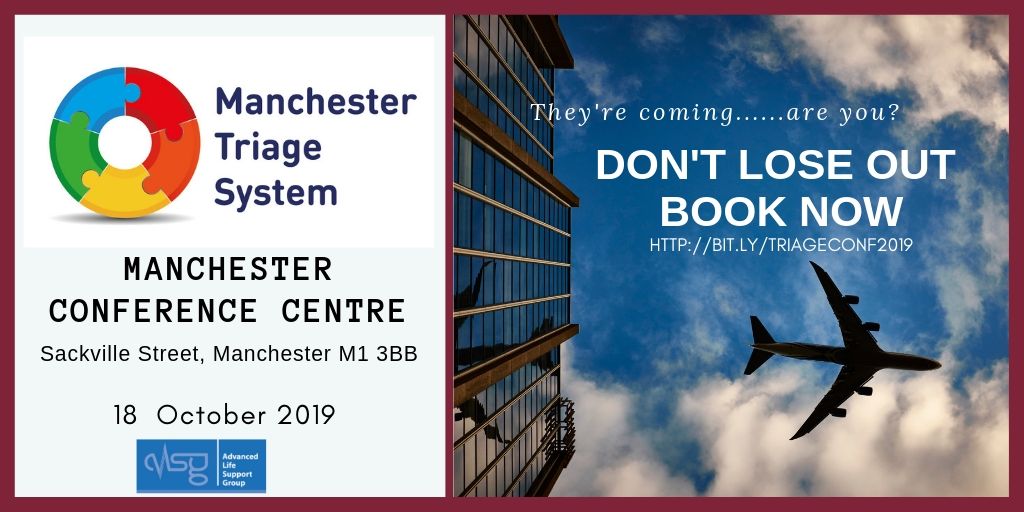 Ditch the car for local trips and walk to the shops. If it’s safe and you are able to, try and pick up the pace to get your heart rate up, returning to a slower pace before accelerating once again. It needn’t be a lot at the start, maybe just around the block.
Ditch the car for local trips and walk to the shops. If it’s safe and you are able to, try and pick up the pace to get your heart rate up, returning to a slower pace before accelerating once again. It needn’t be a lot at the start, maybe just around the block.
Visit the beach and stroll along the sand listening to the waves or visit a stately home and its grounds, for not only a great day out but it gets you off the chair and out and about.
‘Get on yer bike’ is an expression that has a lot of merit. Get those legs moving, your lungs going and hit the road, the fields or for the adventurous, the mountains with your bike.
Volunteer for a local charity, either to work in a charity shop or undertake some renovations for a good cause, you’ll be amazed how many daily steps you’ll take by just getting involved.
Clear out the ‘stuff’ you just don’t need and when you get stuck-in, not only will it give you a great sense of satisfaction and more personal space, it also gets you active.
Get ‘arty’ and visit galleries or museums. Make a day of it and fit in say, two and by finally getting round to going to a visitor attraction that’s always appealed, it will also lift your spirits and add to your steps.
It needn’t be about the gym or joining a golf club, the smallest things will make a difference your health and wellbeing. Just try and do one small thing per day and you’ll soon feel the benefits.




